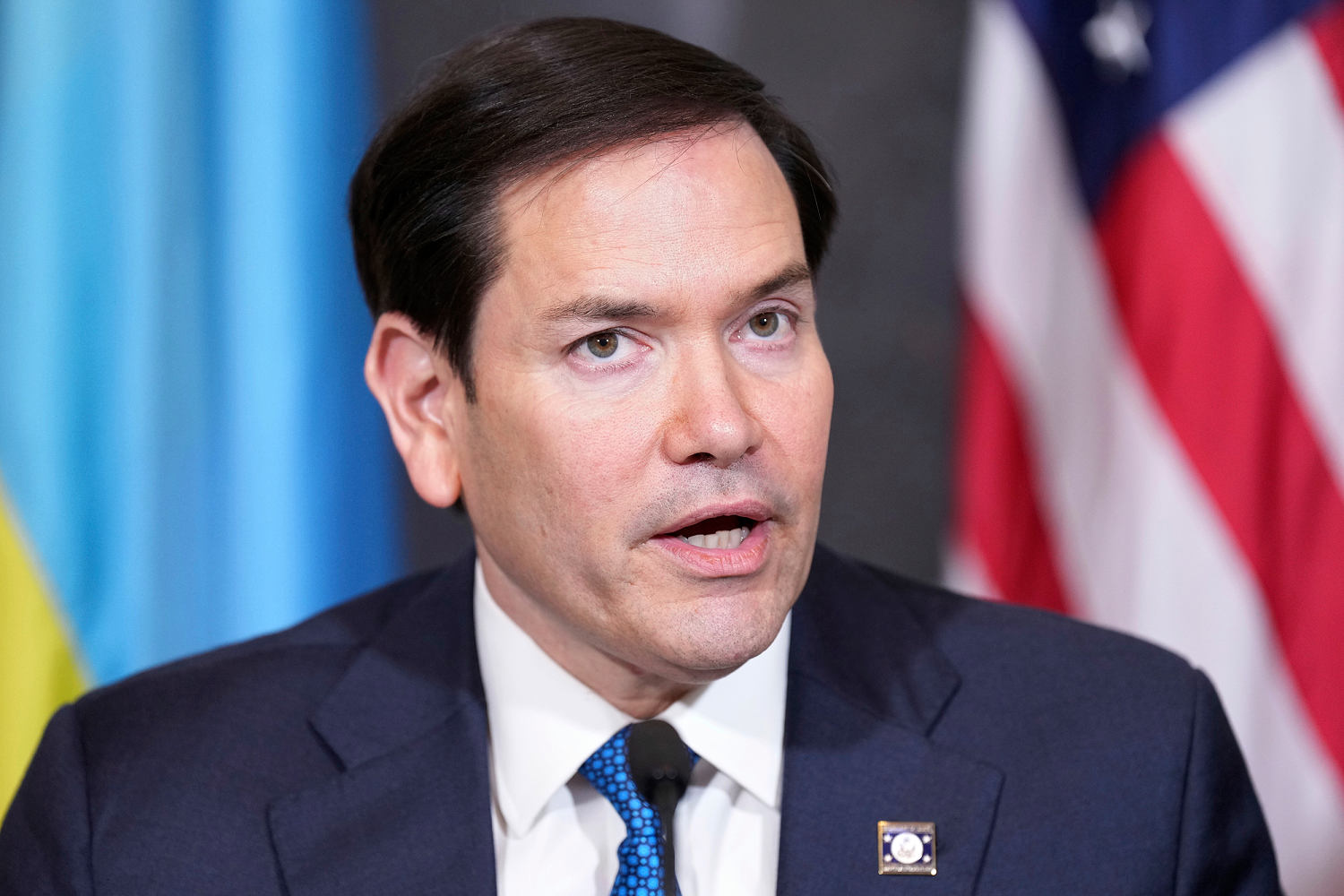
HONG KONG — The United States will start “aggressively” revoking the visas of Chinese students, Secretary of State Marco Rubio said Wednesday, including those with connections to the Chinese Communist Party or studying in critical fields.
The announcement is the latest move in the Trump administration’s campaign against U.S. universities and international students in particular, after it revoked thousands of students’ visas, detained or deported other students over political activism and sought to bar international students from enrolling at Harvard University.
Rubio said in a statement that visa criteria would also be revised to “enhance scrutiny” of all future visa applications from the People’s Republic of China and the Chinese territory of Hong Kong.
“Under President Trump’s leadership, the U.S. State Department will work with the Department of Homeland Security to aggressively revoke visas for Chinese students,” he said.
The Chinese Embassy in Washington did not immediately respond to an emailed request for comment outside of business hours. Beijing has previously expressed opposition to the “politicization” of educational exchanges and said it would “safeguard the legitimate rights and interests” of Chinese students overseas.
NBC News reported Tuesday that the Trump administration had stopped scheduling new interviews for foreign nationals seeking visas to study in the United States, citing an internal State Department cable. The cable said the suspension was in preparation for expanded social media screening of applicants.
China is the second-biggest source of international students in the United States after India, though numbers have been dropping in recent years amid growing U.S.-China tensions and disruptions from the Covid-19 pandemic.
About 277,000 Chinese students were in the United States in the 2023-24 academic year, down from a peak of more than 370,000 in 2019. By contrast, there were only about 800 Americans studying in China last year, down from a peak of about 15,000 in 2014.
Though Rubio did not specify what he meant by “critical fields,” both the U.S. and China are concerned about each other’s advancements in strategically sensitive areas such as biotechnology, quantum computing and artificial intelligence.
In March, House Republicans introduced a bill that would end the issuance of student visas to Chinese nationals seeking to study at U.S. universities or take part in exchange programs, citing national security concerns. The legislation is unlikely to pass amid widespread criticism, including that it is racist and xenophobic.
House Republicans have also sought to revive the China Initiative, a national security program from the first Trump administration that was shut down after a series of failed prosecutions of Chinese students and researchers accused of espionage.
International students make up about 6% of the total population of U.S. higher education institutions overall. Many universities rely heavily on the tuition charged to international students, which is often higher than that charged to American students.
According to the Association of International Educators, a nonprofit group based in Washington, international students studying at U.S. colleges and universities contributed $43.8 billion to the U.S. economy and supported more than 378,000 jobs during the 2023-24 school year.
Seeking to draw top talent, universities outside the U.S. have already started reaching out to students at Harvard, where about 20% of international students are from China.
In Hong Kong, which is home to multiple top-ranked universities, the city’s top leader, John Lee, said Tuesday that he welcomed any students “who face discrimination and unfair treatment in the U.S.”





